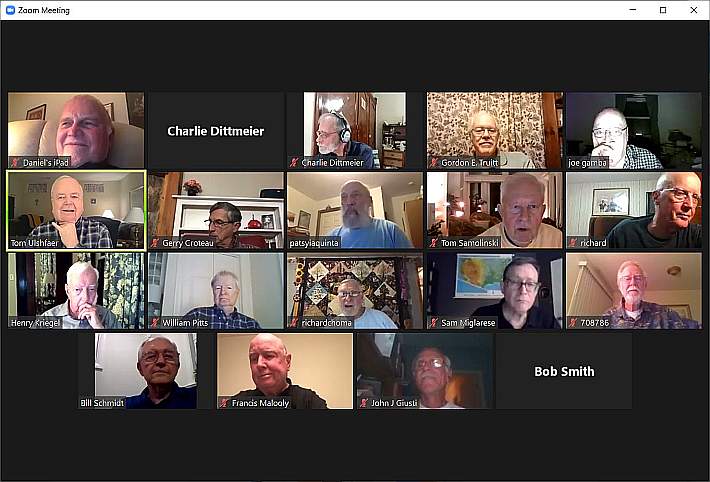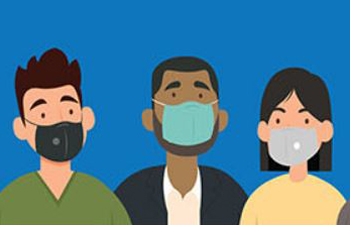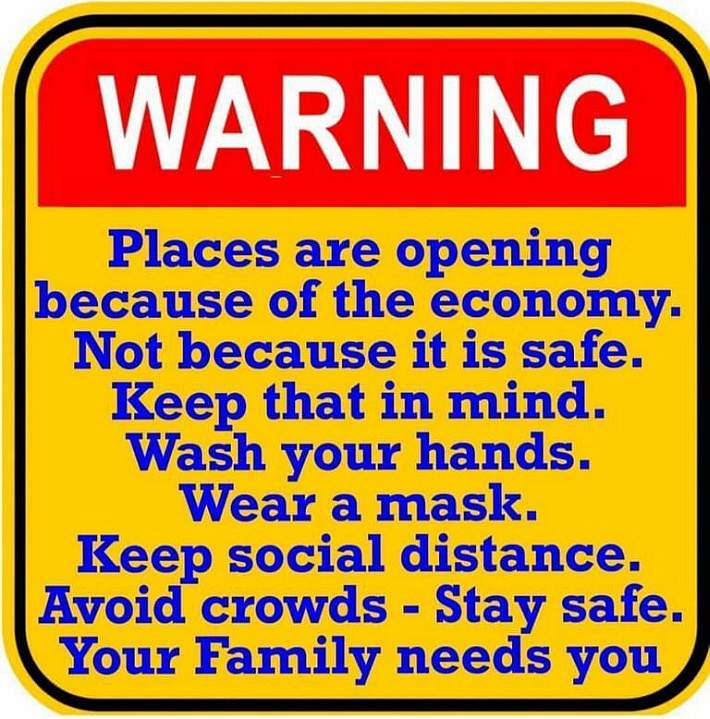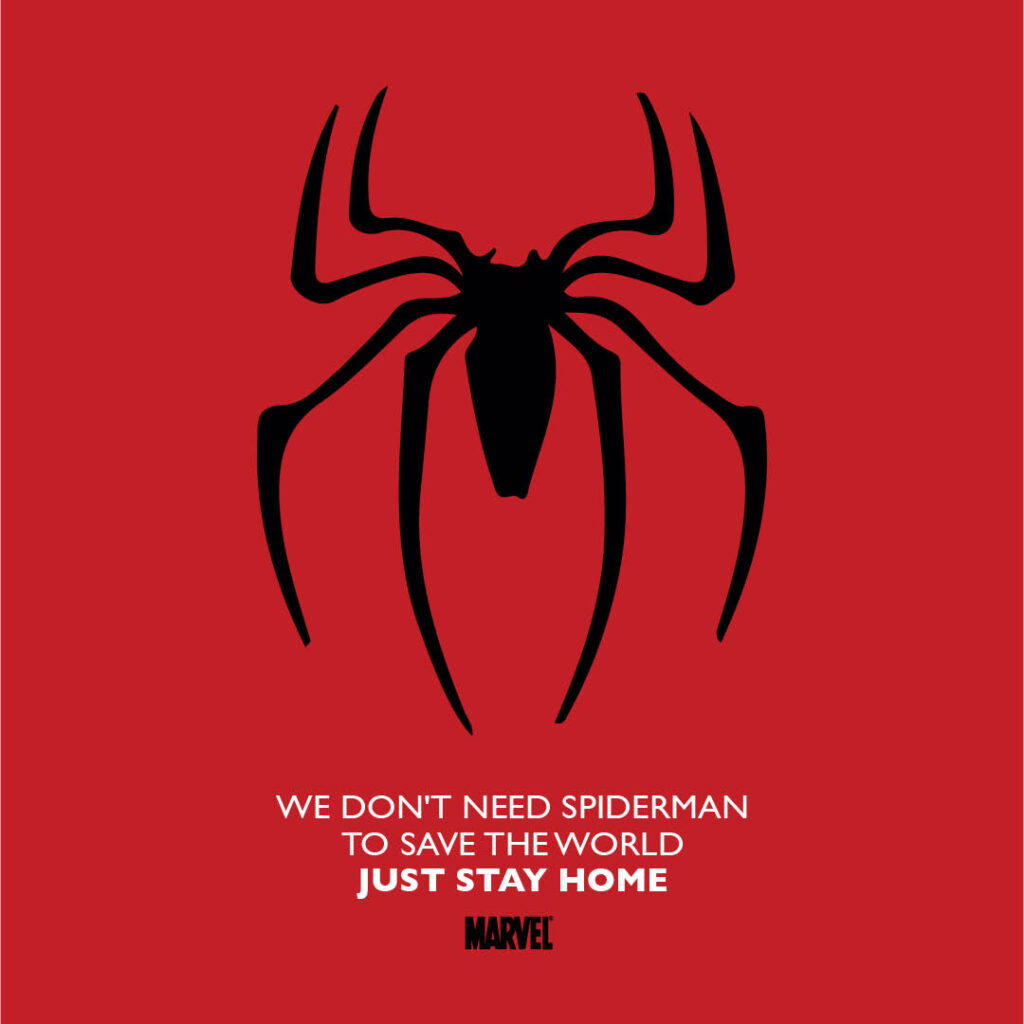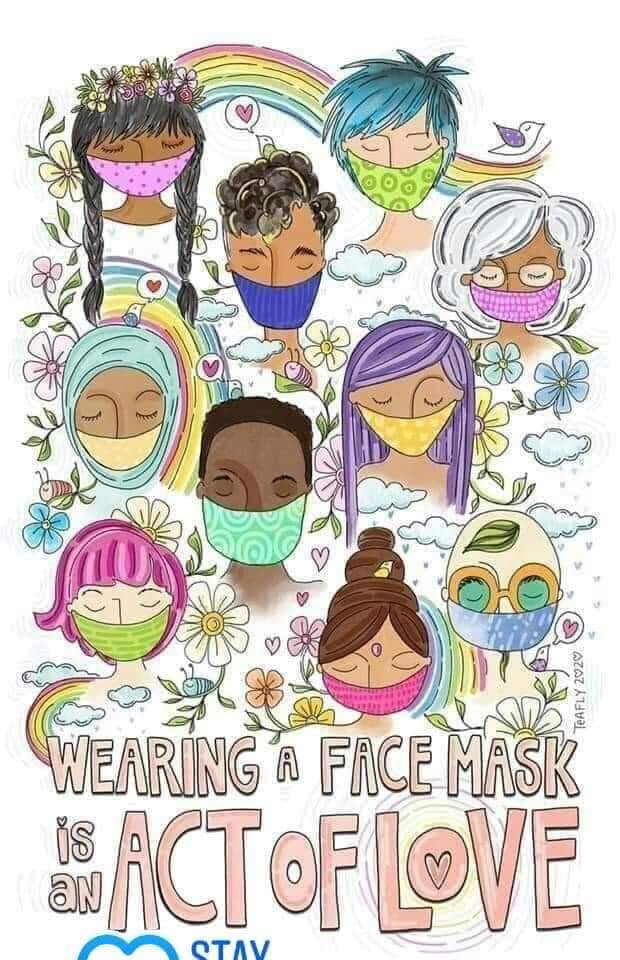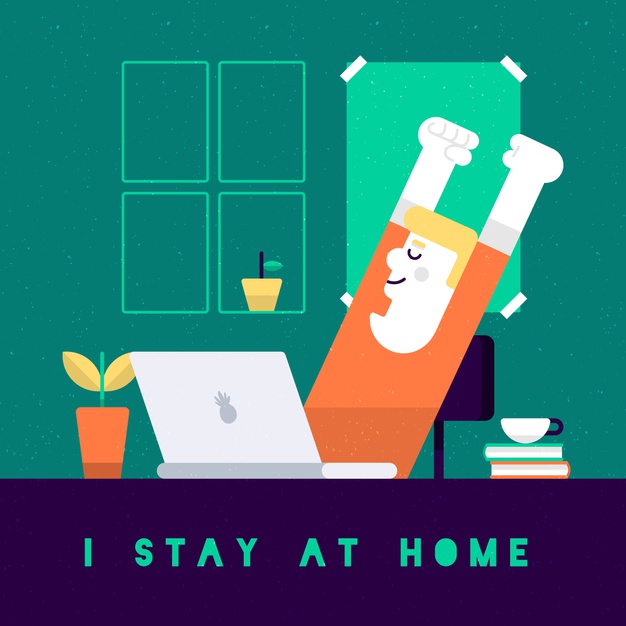
COVID-19 has affected people all over the world and in many different ways. Last week I had a funeral in Phnom Penh and afterwards met a young couple, the man from the United States and the woman from Malaysia. They were married in March and came to Cambodia for a honeymoon–and are still here. Because of travel restrictions due to the pandemic, he cannot go to Malaysia and she cannot go to the United States. Seven months now….how long is too long?
